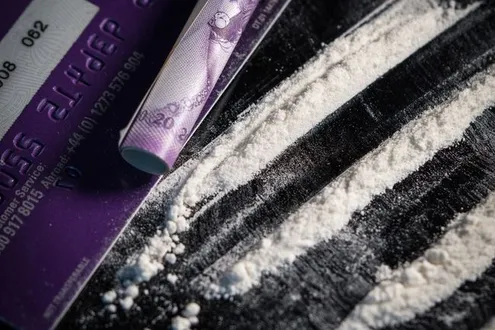Heroin addiction refers to the compulsive use of the drug heroin, a powerful opioid that is derived from morphine. Heroin is usually injected, but it can also be smoked, snorted, or sniffed. It binds to opioid receptors in the brain and body, leading to a surge of pleasurable sensations, pain relief, and a feeling of relaxation. This fast action produces an intense "rush" or wave of euphoria within seconds to minutes, which is a highly reinforcing experience for users.
Why is Heroin Addictive?
With repeated use, the brain becomes less responsive to heroin, leading to tolerance and increased physical dependency. This means that over time, users need increasingly larger doses to achieve the same euphoric effects. As tolerance builds, the risk of overdose also increases. Heroin withdrawal and detox can be extremely painful and distressing unless managed medically, including symptoms like nausea, vomiting, diarrhoea, muscle and bone pain, insomnia, anxiety, and intense cravings. These symptoms often begin within hours of the last dose and can last for several days to weeks. The fear of withdrawal symptoms drives many users to continue using heroin to avoid the discomfort, reinforcing the cycle of addiction.
If you are concerned that you or a loved one is struggling with Heroin Addiction contact our Treatment Advisors today for a free assessment.

With regular use, the brain and body can adapt to the drug, and the user may require increasingly higher doses to achieve the desired effects. This can lead to physical dependence, as the body adapts to the presence of the drug and experiences withdrawal symptoms when the drug is stopped.
Heroin addiction can have many negative consequences, including social, occupational, and health problems. It can lead to impaired judgment, memory loss, respiratory problems, infections, and other serious medical conditions, and can be life-threatening in cases of overdose.
Environmental Factors
Spending time around people who abuse drugs can influence an individual’s behaviour. Parental guidance plays a big part in the likelihood of someone developing an addiction. Children who are exposed to drug abuse are more at risk of developing their own problem later in life.
Peer pressure can also result in recreational drug use. Teens are especially prone to engaging in risky behaviours, as the areas in the brain that manage judgement and self-control are still developing.
Psychological Factors
Different psychological factors can increase the risk of substance misuse. Trauma or challenging life experiences can push someone to use heroin in an effort to avoid difficult emotions.
Using heroin to self-medicate a mental health condition can also be a risk factor. It can become a habitual behaviour and develop into a severe substance abuse disorder.
From high compulsivity to adrenaline-seeking, some people may also have personality traits that make them more predisposed to mental health instability. An unstable mental state can render someone more at risk of developing an addiction. A dual diagnosis of addiction and a mental health condition is complex and requires specialist care.
Genetic Predisposition
While some people may be able to use drugs recreationally, others will feel a strong impulse to consume to excess.
Neuroscience has shown that people have varying levels of ability and brain function to control impulsive urges. If these genes are passed down through the generations, family members can be more prone to developing addiction problems.
Changes in Brain Chemistry
Heroin abuse affects the brain’s chemical systems, functions and can deteriorate the brains white matter. As the level of dopamine produced by heroin is so high, it negatively impacts the brain’s ability to create dopamine naturally. Consequently, long-term heroin users have lower, natural levels of dopamine. This can lead to depression and feelings of hopelessness when attempts are made to withdraw from the drug. Stopping heroin use is a struggle and inevitably requires professional help usually through a residential rehab. Heroin detox is an important element of this process.









